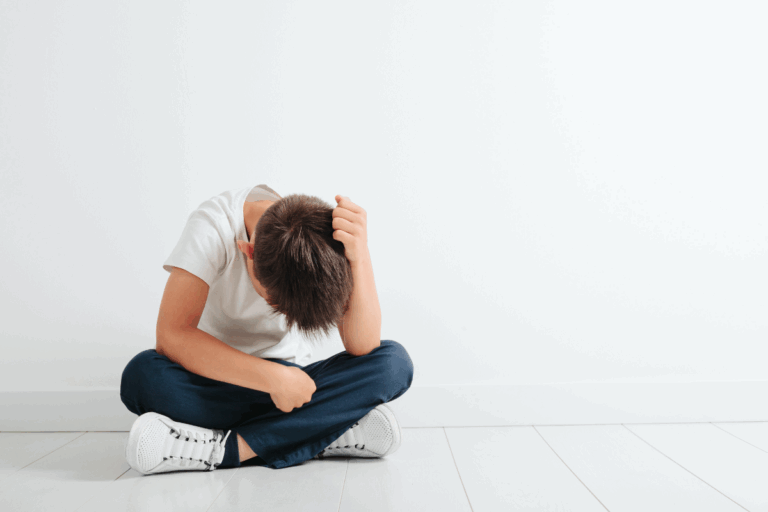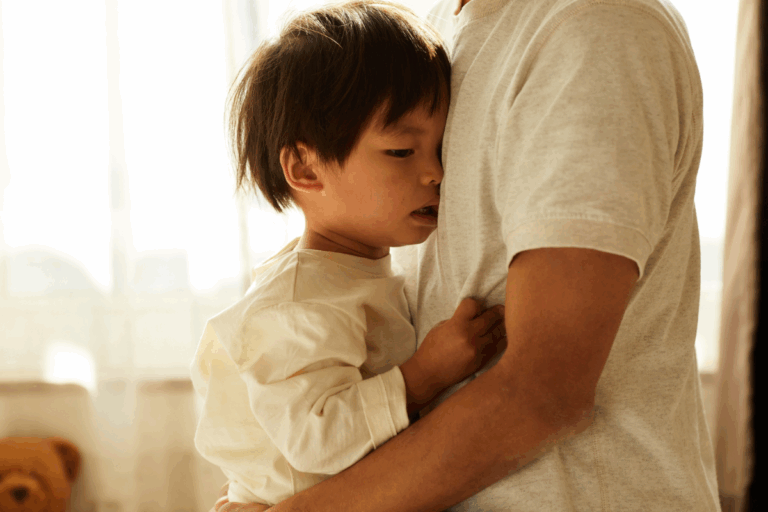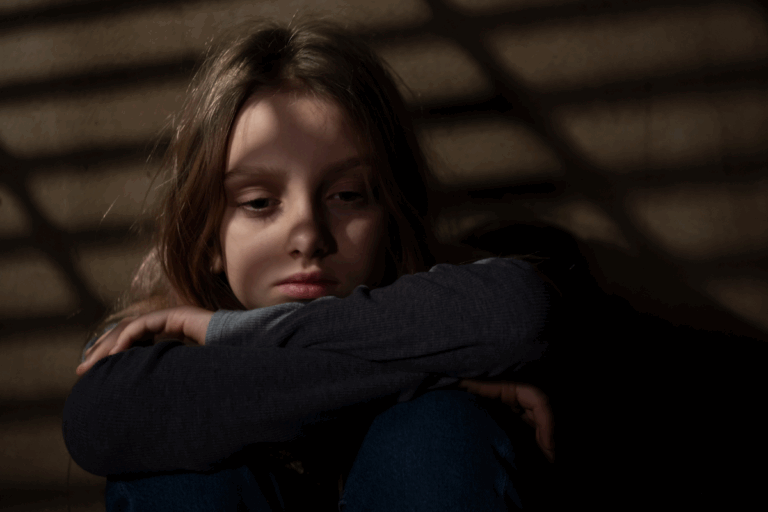The Link Between Physical Activity and Mental Health in Children and Youth
Meredith Rappaport, PA-C, CAQ-Psy, LCSW

In today’s world where sedentary lifestyles are increasingly common, the physical and mental health of our children and youth is more important than ever. Physical activity is not just about improving physical fitness; it also plays a crucial role in mental well-being. Understanding the connection between physical activity and mental health can help in developing strategies that support the overall development of children and adolescents.
The Science Behind Physical Activity and Mental Health
Physical activity has been repeatedly shown to have a profound impact on mental health. Engaging in exercise releases endorphins, often known as ‘feel-good’ hormones, which act as natural stress fighters. Research suggests that regular physical activity can significantly decrease symptoms of depression and anxiety, particularly in children and youth. This is crucial because mental health disorders such as anxiety and depression are becoming increasingly common among youth.
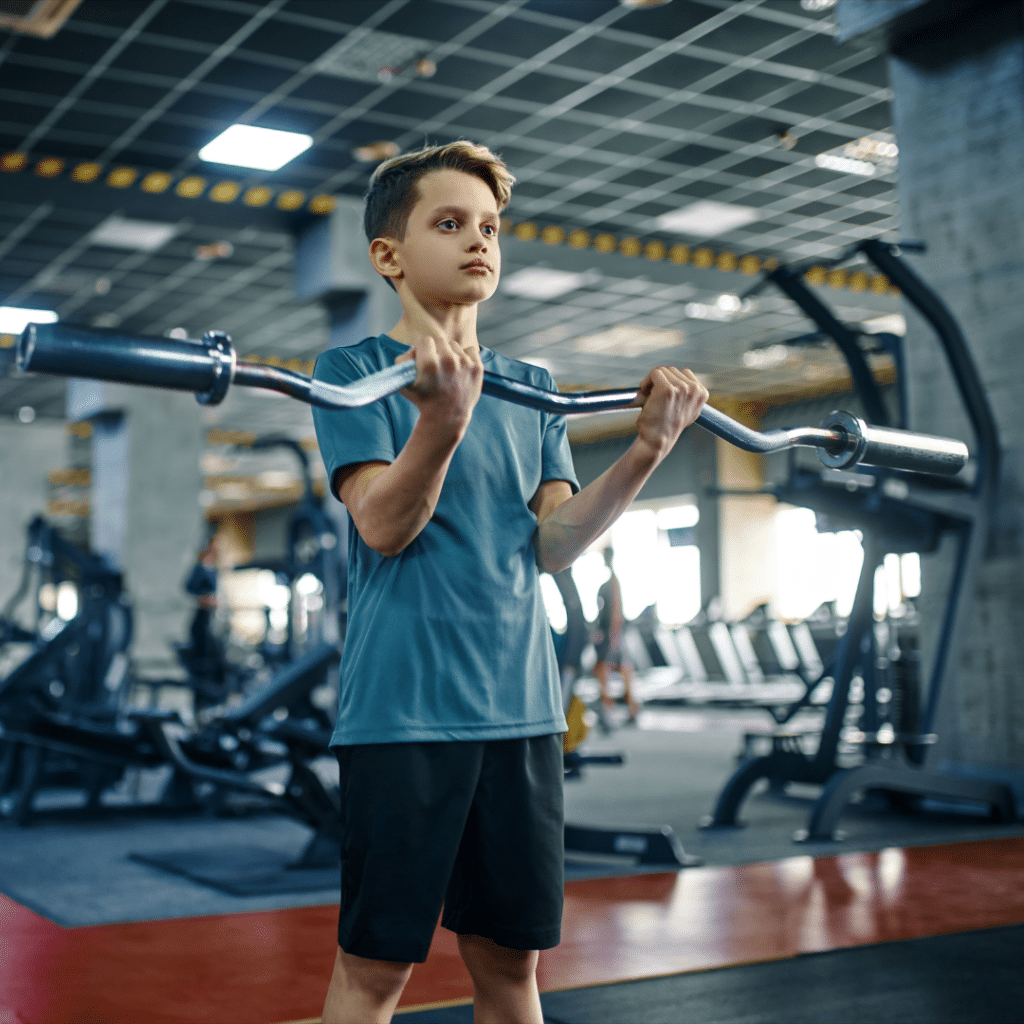
What is the Connection Between Physical Activity and Mental Health?
The link between physical activity and mental health in youth is supported by a wealth of scientific evidence. Studies indicate that when children engage in regular physical activity, they experience enhanced mood, reduced feelings of stress and anxiety, and improved self-esteem and cognitive function. This connection suggests that physical activity can be a foundational aspect of mental health interventions for young individuals.
Why is Exercise Important for Kids?
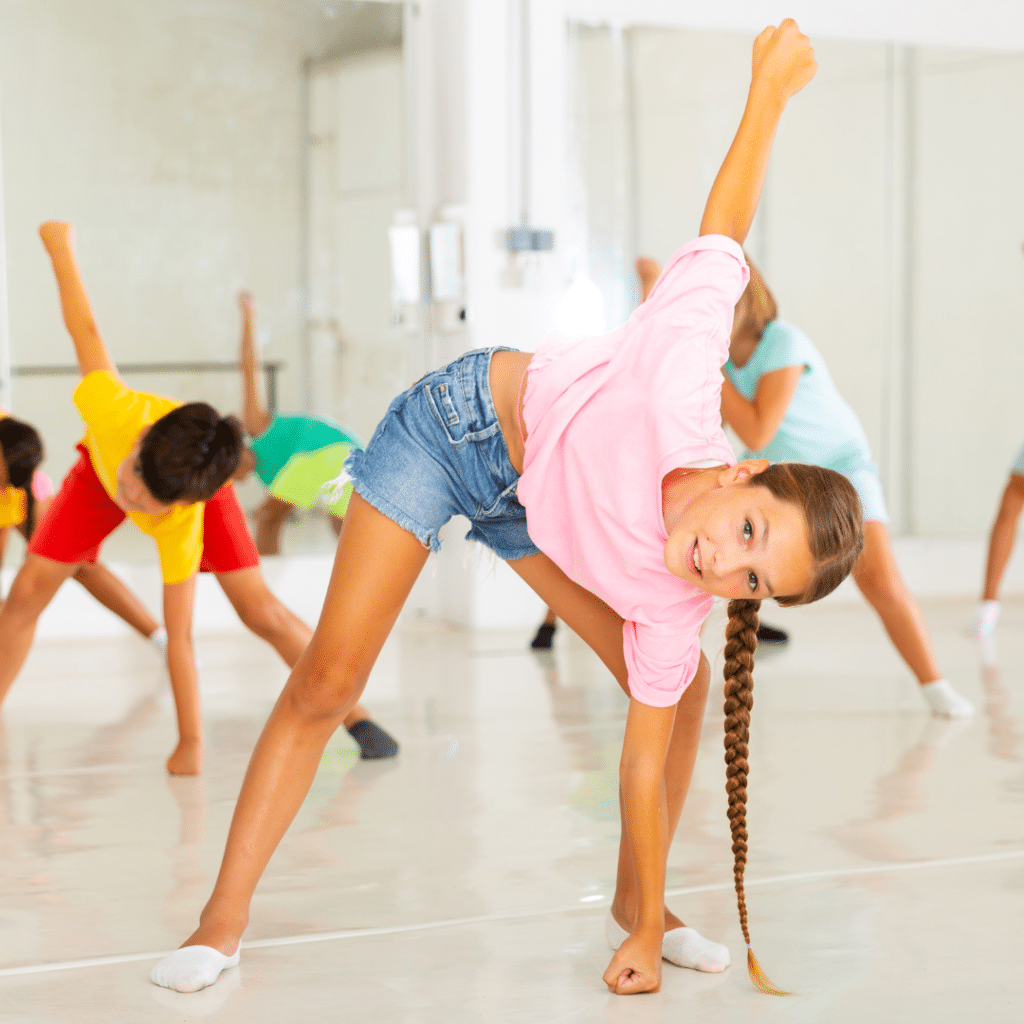
Exercise is vital for kids not only for maintaining physical health but also for encouraging healthy brain development and emotional well-being. Regular physical activity helps in the development of important motor skills and can contribute to a lifetime habit of fitness and health. Beyond the physical benefits, exercise is crucial for kids because it helps build social skills, improve mood, and reduce symptoms of mental health disorders like depression and anxiety, making it an essential component of every child’s routine.
Social Benefits of Exercise
One of the most significant but often overlooked benefits of exercise is its social impact. Engaging in team sports or community-based fitness activities provides children and adolescents with opportunities to meet peers with similar interests, enhancing their social skills. This social interaction is vital as it helps in building a sense of community and belonging, which is crucial for mental health. Furthermore, participation in group activities can develop other key life skills such as teamwork, leadership, and resilience.
Barriers to Physical Activity and How to Overcome Them
Despite the clear benefits of physical activity, many children and adolescents face barriers that reduce their participation. These include environmental factors such as unsafe neighborhoods, lack of recreational areas, and the high cost of organized sports. Additionally, the modern lifestyle heavily oriented towards electronic entertainment leads to increased sedentary behavior. Overcoming these barriers requires a community-wide approach, including improving community safety, creating more accessible sports programs, and schools encouraging physical activities as part of their curriculum.
Practical Ways to Integrate Physical Activity in Daily Life
To ensure that children reap the benefits of exercise, it is essential to integrate physical activity into their daily lives:
- Schools can implement programs that offer a variety of sports and activities to cater to all interests, ensuring that every child can find an activity that suits them.
- Parents can encourage active family outings, such as hiking or cycling, which not only promote physical health but also family bonding.
- Community Centers can provide affordable or free access to sports facilities and programs to encourage participation from all socioeconomic backgrounds.
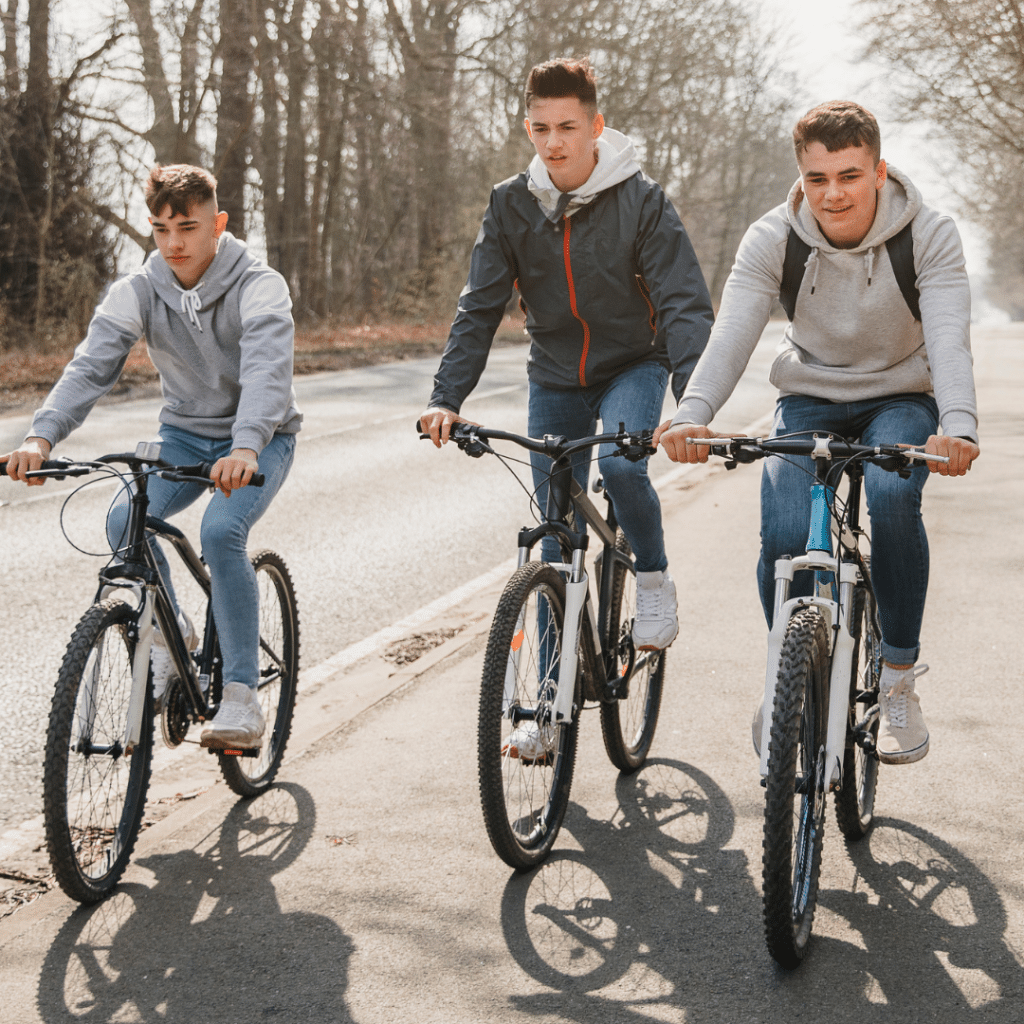
Final Thoughts
Understanding why exercise is important for children and youth and acknowledging the link between physical activity and mental health are crucial in addressing the mental health challenges that kids face today. By actively promoting and facilitating physical activity, we can ensure a healthier, happier, and more resilient generation. Regular physical activity not only nurtures the body but also fortifies the mind, creating a solid foundation for the mental and emotional well-being of our children.
Promoting regular physical activity is an effective strategy to enhance both the physical and mental health of children and youth. By fostering an environment that values and facilitates regular physical activity, society can help nurture healthier, happier, and more resilient future generations.
Responsibly edited by AI
Other Blog Posts in
Animo Sano Psychiatry is open for patients in North Carolina, Georgia and Tennessee. If you’d like to schedule an appointment, please contact us.
Get Access to Behavioral Health Care
Let’s take your first step towards. Press the button to get started. We’ll be back to you as soon as possible.ecovery, together.

